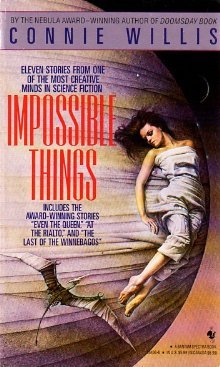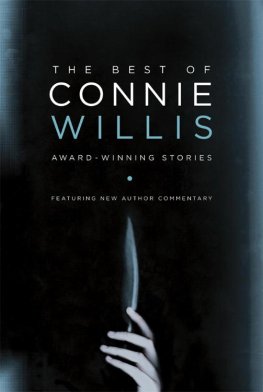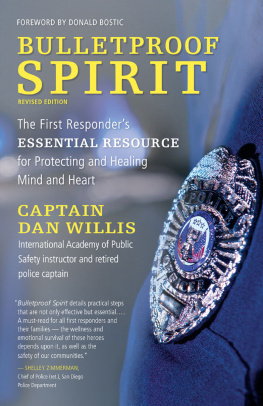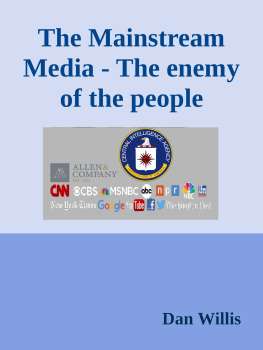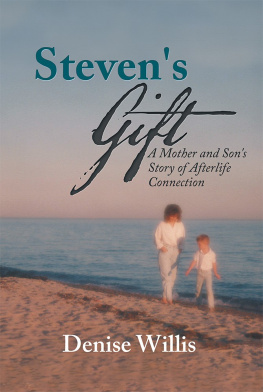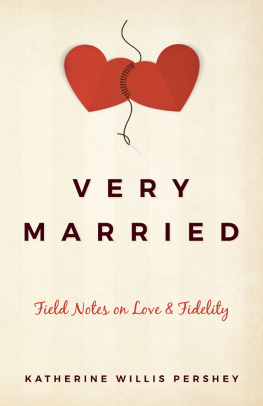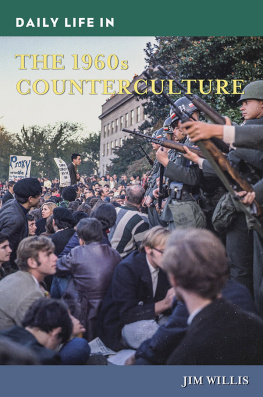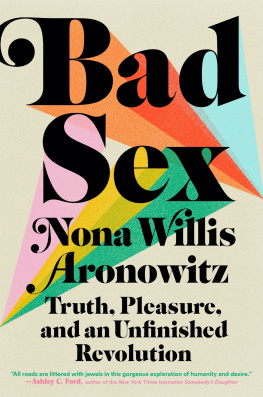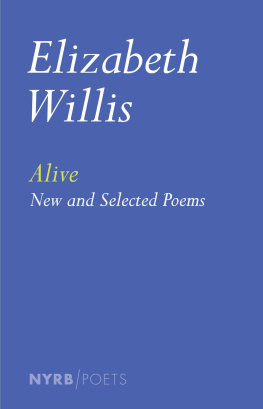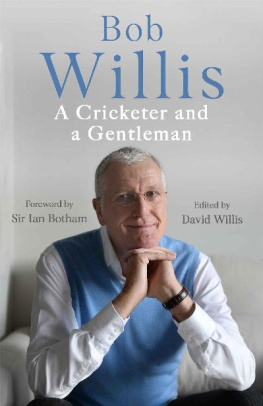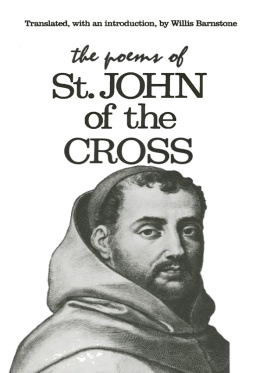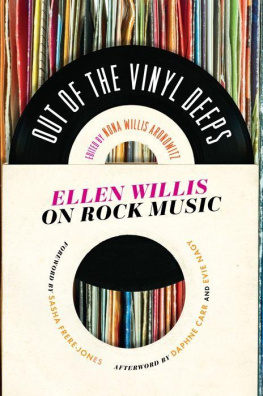
ALSO BY WENDY WILLIS
A Long Late Pledge
Blood Sisters of the Republic

These Are Strange Times, My Dear
Copyright 2019 by Wendy Willis
First paperback edition: 2019
All rights reserved under International and Pan-American Copyright Conventions. No part of this book may be used or reproduced in any manner whatsoever without written permission from the publisher, except in the case of brief quotations embodied in critical articles and reviews.
Library of Congress Cataloging-in-Publication Data
Names: Willis, Wendy, 1966 autor.
Title: These are strange times, my dear : field notes from the republic / Wendy Willis.
Description: First paperback edition. | Berkeley, California : Counterpoint, 2019.
Identifiers: LCCN 2018033720 | ISBN 9781640091511
Subjects: LCSH: Political cultureUnited States. | United StatesPolitics and government21st century. | United StatesSocial conditions21st century.
Classification: LCC JK1726 .W56 2019 | DDC 306.20973dc23
LC record available at https://lccn.loc.gov/2018033720
Cover design by Sarah Brody
Book design by Jordan Koluch
COUNTERPOINT
2560 Ninth Street, Suite 318
Berkeley, CA 94710
www.counterpointpress.com
Printed in the United States of America
Distributed by Publishers Group West
10 9 8 7 6 5 4 3 2 1
For the citizens of the Crows Nest
David, Ruby, Violet & Luke
How can the flag and the poem be twins?
YANNIS RITSOS
(PAUL MERCHANT, TR.),
Monochords
Whatever it is, it must have
A stomach that can digest
Rubber, coal, uranium, moons, poems.
Like the shark, it contains a shoe,
It must swim for miles through the desert
Uttering cries that are almost human.
LOUIS SIMPSON,
American Poetry
CONTENTS







SOME DAYS IT SEEMS OUR DEMOCRACY IS SO FRAGILE that if I look at it too hard, it will shatter. Or I will. And its not just me. Or us. For twelve consecutive years, the Freedom House Index has marked a decline in global freedom. Only a third of American millennials say it is essential to live in a democracy. A recent study shows early warning signs of what they are calling democratic deconsolidation among liberal democracies across the world.
I must ask myself, of course, Why do I care to the point of trembling? To the point of shattering? If the rest of world is moving on from democracy, why shouldnt I? Why cant I? I suspect thats what I am asking myself, over and over, throughout these essays.
In fact, I didnt know I was writing a collection of essays at all until the last year or so. I did know that there were occasions when I wanted to make something other than a poem, that there were times when I wanted to be able to loosen the reins a little or to announce clearly the road I was trotting down. Given what I fret over day in and day out, I guess its not surprising that I looked for a little more riding room to consider democracy, to consider citizenship.
And what a time it was to search for what Walt Whitman called the password primeval, the sign of democracy. Over the years I was working on this book, weand here I mean relatively comfortable white American progressivesescalated from a sort of low-level grumbling about the state of things to a full-throated holler of despair and horror. Looking back, there were warning signs of the eruption that was the 2016 election, but even so, I didnt see it coming. Now, I am not sure if a Trump administration is better or worse than I thought it would be. All I can say is: Its bad. And yet I am not one to proclaim that Donald Trump is the most racist, immoral, craven American ever to hold the office of the presidency. After all, he has competition like Andrew Jackson and James Buchanan. I am also not one to proclaim that it cant get worse. Because surely it can. But it has been a bone-rattling shock for those of us who grew up awash in the vague Enlightenment promise that things get better. And lately, it sure seems like things are hurtling in the other direction.
But I dont think the problem primarily resides at 1600 Pennsylvania Avenue or even down the street at the U.S. Capitol Building. And it didnt begin in November 2016, either.
This country started off on a nasty festering foot given that most of the land was stolen and that it was cultivated and built by the labor of enslaved people. And given that women didnt have the vote until well into the last century. And given that even now, there is not an insignificant number of Americans who think that the country was better off when people of color and women of all races and gay people and Jews and immigrants and Muslims just knew their place.
There is a lot to worry about. Huge forces are at work, forces greedy for money and power and influence. We are confronted with cataclysm everywhere we look: global climate catastrophe, nuclear proliferation, massive concentration of wealth, genocides, hundreds of thousands of people uprooted by civil war. And it is incumbent on us not to look away.
But there are so many small heartbreaks among us, as well. There is daily and ordinary suffering and cruelty and disappointment. There are individual struggles and midnight terrors. There is despair. And yet there are also hundredsmillionsof acts of kindness and redemption and grace. There is companionship. There is joy. As I wrote these pieces, I couldnt help but be reminded of the words of the poet and essayist Adrienne Rich: No person, trying to take responsibility for her or his identity, should have to be so alone. There must be those among whom we can sit down and weep, and still be counted as warriors.
That is where I find myself a lot of the time now, wondering about the personal call of citizenship. About the private catastrophes and closely held griefs. I find myself asking about the inner requirements of fierce and ethical citizenship without denying fear and failure, heartbreak and anguish. Dietrich Bonhoefferthe German theologian executed by the Nazis for his part in the resistancewrote about costly grace, which must be sought again and again. He contrasted it with cheap grace, which is sold on the market like cheapjacks and thrown away at cut prices. Costly grace requires sinnersin Bonhoeffers view, all of usto knock at the door over and over. Though Bonhoeffers call is a little severe, I am attracted to a secular, civic form of that grace-seeking that does not allow for certainty and easy answers. If we are to revivify our souls as citizens, an exacting grace does not allow us to simply adopt and repeat what we hear from our own political tribe. It also doesnt allow us to indulge in pat responses to tangled and barbed moral questions. We must examine our culpabilities, our habits, our cruelties, and then decide what is required of us. We must pursue what Holocaust survivor and moral philosopher Viktor Frankl called an intensification of the inner life.
Next page

